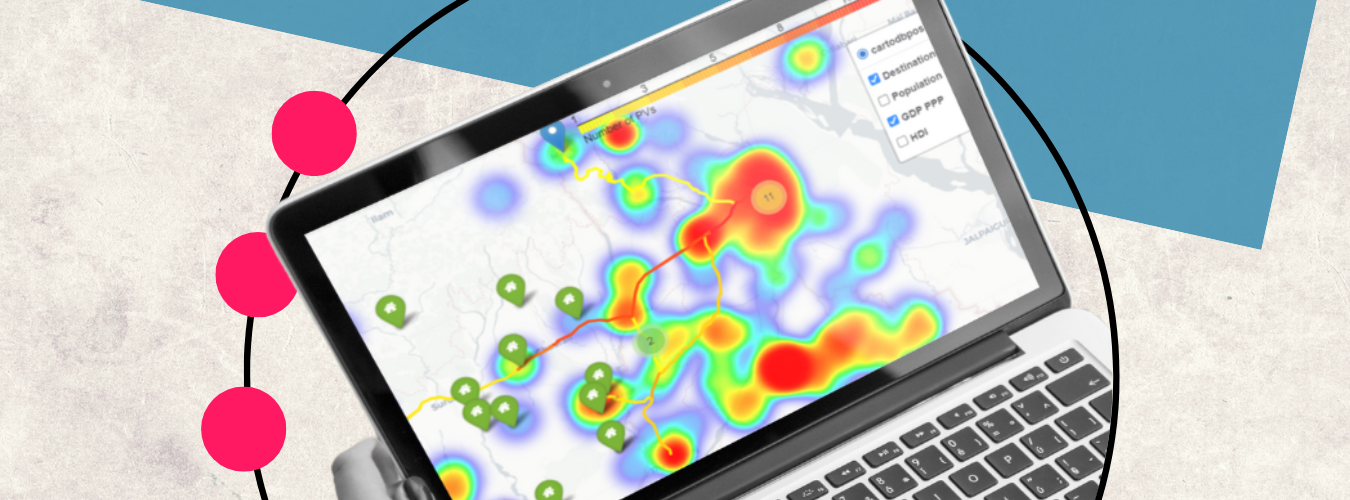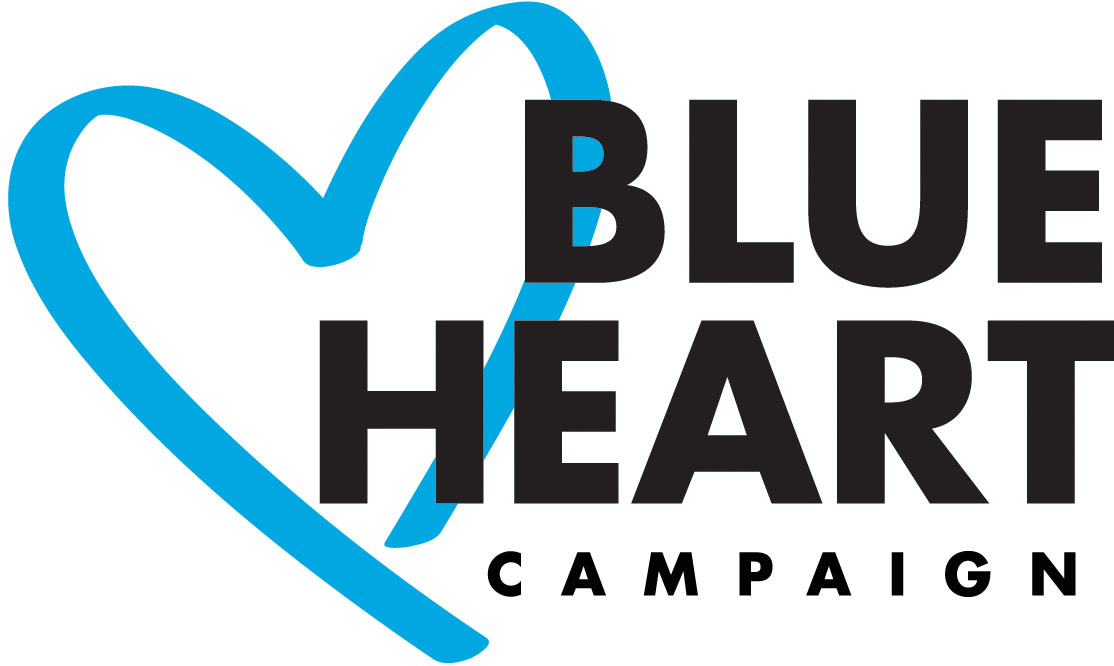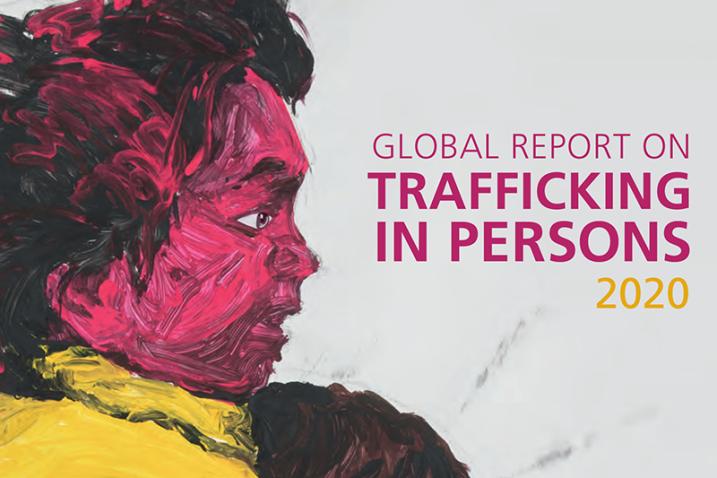Use and abuse of technology
This year’s theme focuses on the role of technology as a tool that can both enable and impede human trafficking.
With the global expansion in the use of technology - intensified by the COVID-19 pandemic and the shift of our everyday life to online platforms -- the crime of human trafficking has conquered cyber space. The internet and digital platforms offer traffickers numerous tools to recruit, exploit, and control victims; organize their transport and accommodation; advertise victims and reach out to potential clients; communicate among perpetrators; and hide criminal proceeds – and all that with greater speed, cost-effectiveness and anonymity.
However, in the use of technology also lies great opportunity. Future success in eradicating human trafficking will depend on how law enforcement, the criminal justice systems and others can leverage technology in their responses, including by aiding investigations to shed light on the modus operandi of trafficking networks; enhancing prosecutions through digital evidence to alleviate the situation of victims in criminal proceedings; and providing support services to survivors. Prevention and awareness-raising activities on the safe use of the internet and social media could help mitigate the risk of people falling victim to trafficking online. Cooperation with the private sector is important to harness innovation and expertise for the development of sustainable, technology-based solutions to support the prevention and combatting of human trafficking. #EndHumanTrafficking
Why a Blue Heart?
The Blue Heart represents the sadness of those who are trafficked, while reminding us of the cold-heartedness of those who buy and sell fellow human beings.
How you can get involved
- Share, like and comment on the social media messages for the World Day.
- Be vigilant in the online sphere and report suspicious pages or activities to the authorities, e.g., by making use of dedicated online mechanisms or helplines.
- Donate to the United Nations Voluntary Trust Fund for Victims of Human Trafficking, which provides on-the-ground assistance and protection to victims of trafficking.
Member States are encouraged to:
- ensure that what is illegal and prosecuted offline is also illegal and prosecuted online;
- expand their attention in the fight against human trafficking to cyberspace, including by providing resources for law enforcement and ensuring policies and regulations are in place;
- join the Blue Heart Campaign and support victims of Human Trafficking via the UN Voluntary Trust Fund (UNVTF).
Technology-based private sector companies, especially tech companies, are called to:
- ensure measures and restrictions are in place which prevent the use of technological platforms and tools for trafficking;
- use technological ingenuity to fight human trafficking;
- proactively identify illegal and harmful material online and take immediate and effective steps to remove it.
Sexual exploitation, forced labour, slavery…
Trafficking in persons is a serious crime and a grave violation of human rights. Every year, thousands of men, women and children fall into the hands of traffickers, in their own countries and abroad. Almost every country in the world is affected by trafficking, whether as a country of origin, transit or destination for victims. UNODC, as guardian of the United Nations Convention against Transnational Organized Crime (UNTOC) and the Protocols thereto, assists States in their efforts to implement the Protocol to Prevent, Suppress and Punish Trafficking in Persons (Trafficking in Persons Protocol).
The Protocol to Prevent, Suppress and Punish Trafficking in Persons defines Trafficking in Persons as the recruitment, transportation, transfer, harbouring or receipt of persons, by means of the threat or use of force or other forms of coercion, of abduction, of fraud, of deception, of the abuse of power or of a position of vulnerability or of the giving or receiving of payments or benefits to achieve the consent of a person having control over another person, for the purpose of exploitation. Exploitation shall include, at a minimum, the exploitation of the prostitution of others or other forms of sexual exploitation, forced labour or services, slavery or practices similar to slavery, servitude or the removal of organs.
The World Day against Trafficking in Persons was proclaimed by the United Nations General Assembly, in its resolution A/RES/68/192.
Did you know?
- In 2018 about 50,000 human trafficking victims were detected and reported by 148 countries.
- 50 per cent of detected victims were trafficked for sexual exploitation, 38 per cent were exploited for forced labour.
- Female victims continue to be the primary targets. Women make up 46% and girls 19% of all victims of trafficking.
- Globally, one in every three victims detected is a child.
- The share of children among detected trafficking victims has tripled, while the share of boys has increased five times over the past 15 years.
Source: UNODC Human Trafficking FAQs
How to stay safe online
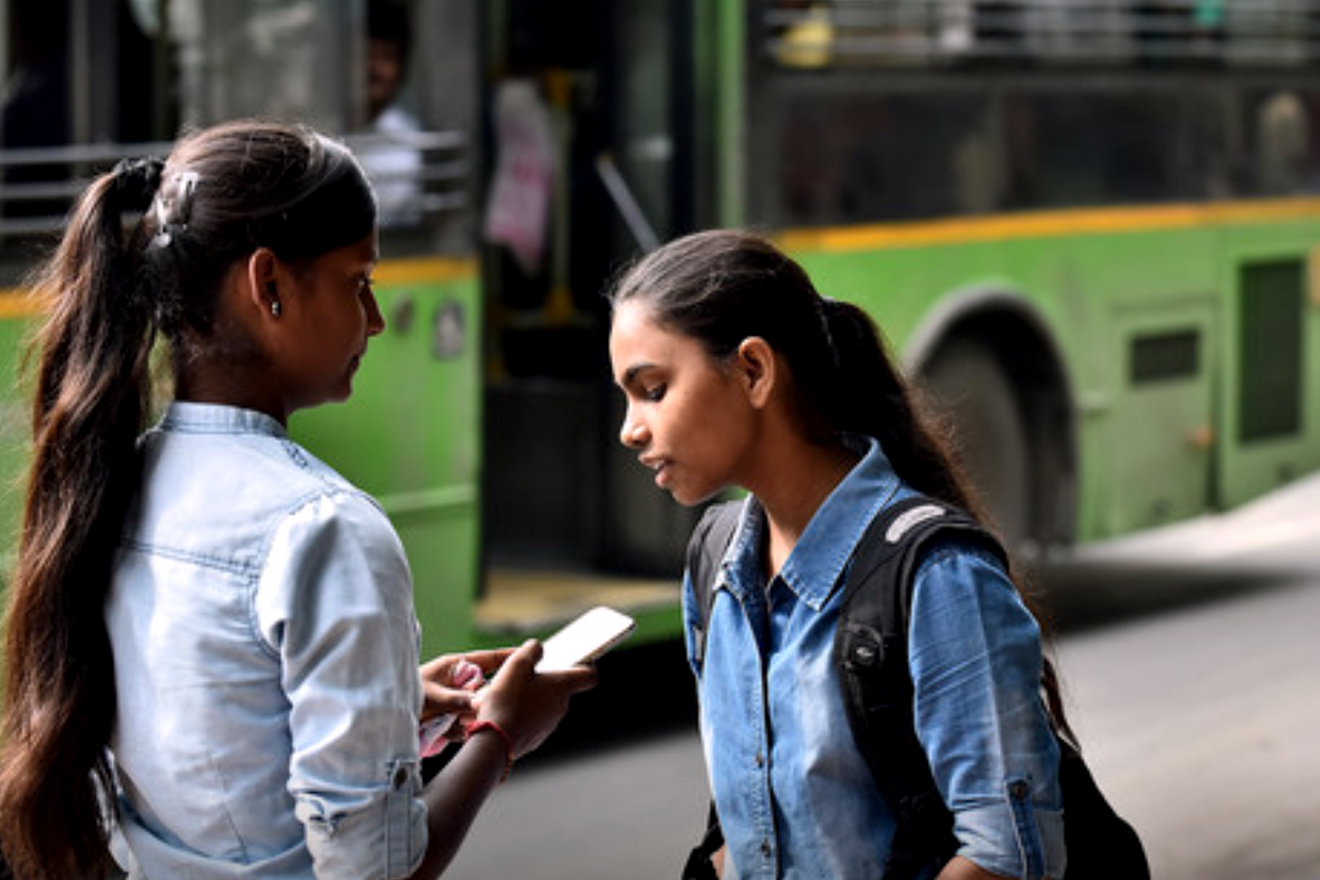
Human traffickers have become adept at using internet platforms, including social media channels, online marketplace sites, and free-standing webpages to recruit victims and attract clients. Follow these safety tips to protect yourself and your loved ones against human trafficking.
Human Faces
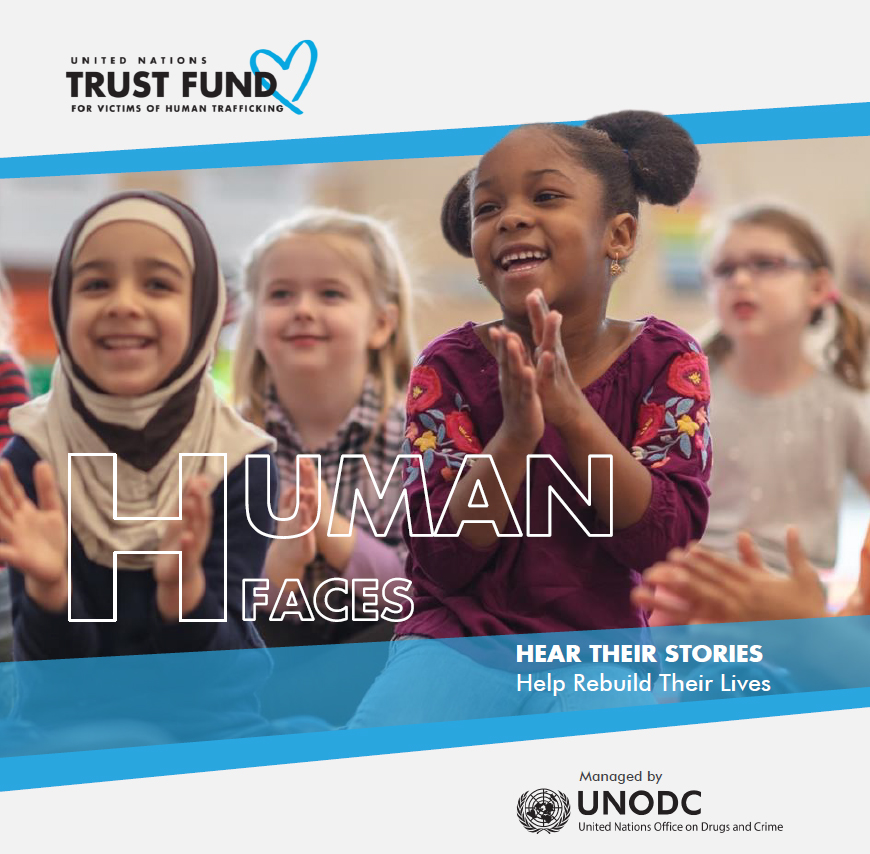
HEAR THEIR STORIES Help Rebuild Their Lives
Read the stories of some of the many women, men and children, who have gained a second chance at life thanks to the effective and compassionate work of the NGO grantees of the UN Voluntary Trust Fund for Victims of Human Trafficking, managed by the United Nations Office on Drugs and Crime (UNODC).

